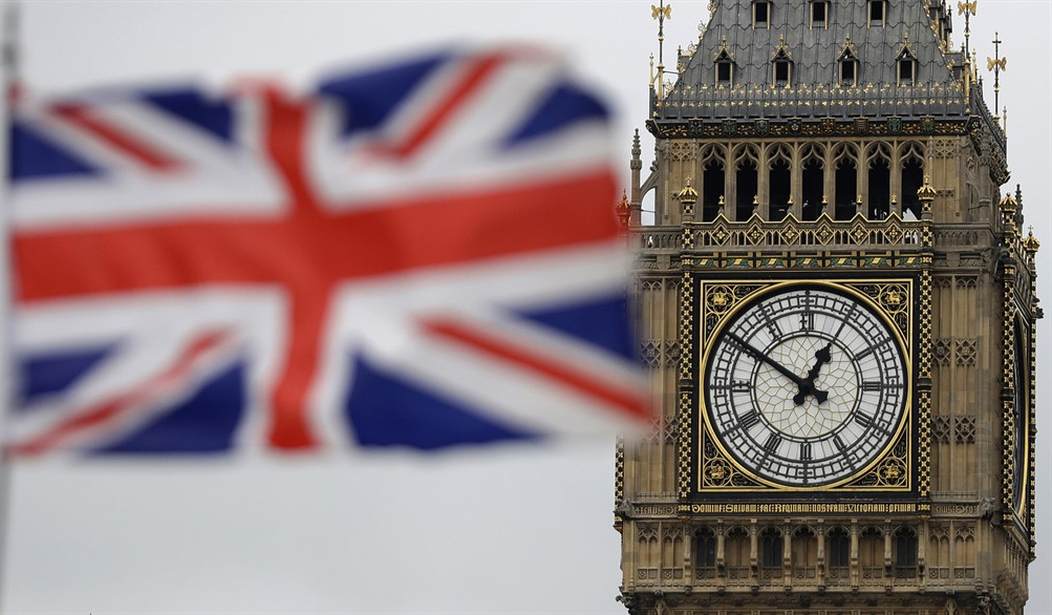Earlier this year, Townhall reported how it was revealed that more than 70 children aged three and four were sent to England's National Health Service’s (NHS) dedicated pediatric transgender clinic before it was shut down. Predictably, this sparked backlash, with many pointing out that children this young should not be going to a gender clinic in the first place.
The closure of the clinic sparked the beginning of a movement in the United Kingdom to pull in the reins on the transgender agenda targeted at kids.
This week, the NHS confirmed that children will no longer be prescribed puberty blockers. Going forward, puberty blockers will only be prescribed to children as part of clinical research trials.
These blockers are part of so-called “gender-affirming” care given to people who think they’re “transgender.” Other services include hormone therapy treatments and sex reassignment surgery.
According to Sky News, the UK government said it welcomed the “landmark decision” and that it was made in the “best interests of the child” (via Sky News):
Recommended
It follows a public consultation on the issue and an interim policy, and comes after NHS England commissioned an independent review of gender identity services for children under 18 in 2020.
The review followed a sharp rise in referrals to the Gender Identity Development Service (GIDS) - a specialised service for young people who experience difficulties in the development of their gender identity - run by the Tavistock and Portman NHS Foundation Trust, which is closing at the end of March following repeated scrutiny.
In 2021/22, there were more than 5,000 referrals to GIDS, compared to just under 250 a decade earlier.
In 2022, the NHS issued guidance on treating children and young people with gender dysphoria, the condition where someone feels that their gender does not align with their biological sex. In the guidance, they said that physicians should be open to “exploring all developmentally appropriate options” for children who are showing signs of gender dysphoria, keeping in mind that “this may be a transient phase.”
The report added that “social transitioning” should not be seen as a “neutral act” due to the impact it makes on a child’s psychology. Social transitioning includes going by a different name, using “preferred pronouns” and dressing like the opposite gender. In some cases, they will use bathrooms that align with their gender identity instead of their biological sex.
“The clinical approach has to be mindful of the risks of an inappropriate gender transition and the difficulties that the child may experience in returning to the original gender role upon entering puberty if the gender incongruence does not persist into adolescence,” the report stated.

























